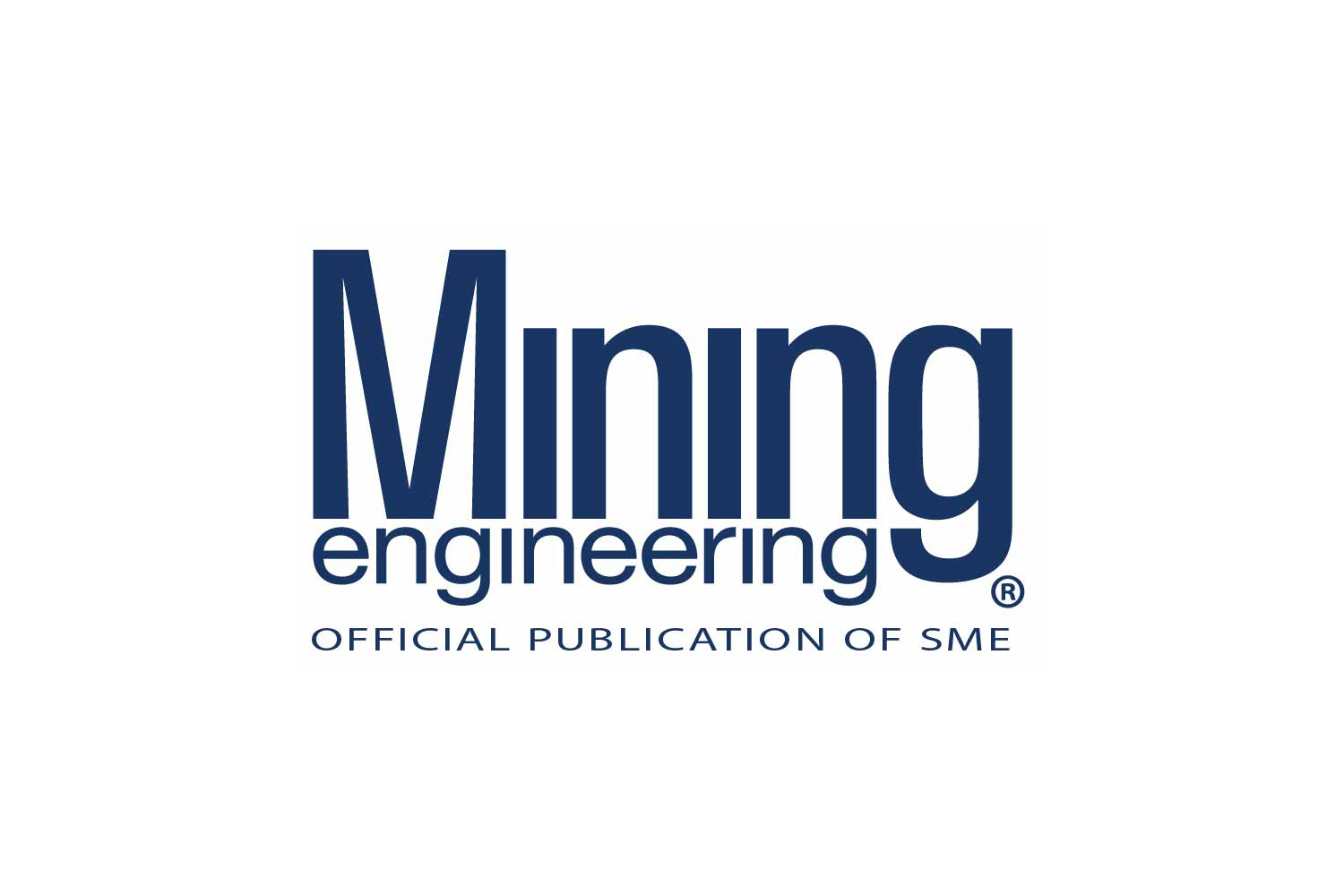
This month China reported that it’s raising its annual mining quota for rare earths by 10 percent over last year’s record high, to 120 kt (132,000 st), according to Bloomberg News.
In response, the United States and Australia have been working to increase their supplies as China, the world’s largest producer of rare earths, has threatened to restrict supply due to the U.S.-China trade war.
China currently controls at least 85 percent of the world’s rare-earth processing capacity. The Trump administration, which seeks to end dependence on China for rare-earth supplies, has been looking to other countries to diversify the supply chain. Washington held talks with rare-earth mines in Africa recently and entered into an agreement with Australia to support projects on developing critical minerals and rare earths outside China.
In the United States, MP Materials runs the only domestic rare-earth mine, Mountain Pass, in California. The site, which is less than an hour’s drive from Las Vegas, NV, resumed sales in 2018 after lying dormant since 2015. According to Reuters, the company expects to double its output to more than 27 kt (30,000 st), or about 15 percent of the global total. The company is also working to open its own processing center that can handle all the mine’s production, said James Litinsky, chief executive officer of JHL Capital Group LLC, the majority owner of MP Materials.
“If people focus on the short-term supply issues, they miss the bigger picture,” Litinsky said. “Tens of millions of jobs and trillions of dollars of downstream GDP, that’s what the Chinese are after.” He further added that the United States is looking to level the playing field in terms of pricing and supply of rare earth metals.
Malaysia-based Lynas Corp. recently held discussions with the U.S Department of Defense. Lynas has a mine in Australia and a major processing plant in eastern Malaysia and is advancing plans to add a facility in Texas, chief executive officer Amanda Lacaze said last month.
Developers in other countries including Greenland and India are also seeking to build new operations. “There is a genuine need to fund greenfield projects” to diversify global supply with Lynas currently the only major producer outside China, said Dylan Kelly, a Sydney-based analyst at Ord Minnett Ltd.
Rare-earth metals are used in many electronic devices people use daily, such as mobile phones, computers, DVDs, rechargeable batteries, catalytic converters, magnets, and fluorescent lighting. Rare earths are also used in motors that power wind turbines, electric vehicles, and military hardware. These rare metals are a group of 17 chemical elements that are difficult to find in desirable concentrations and are hard to process.
Source : me.smenet.org
